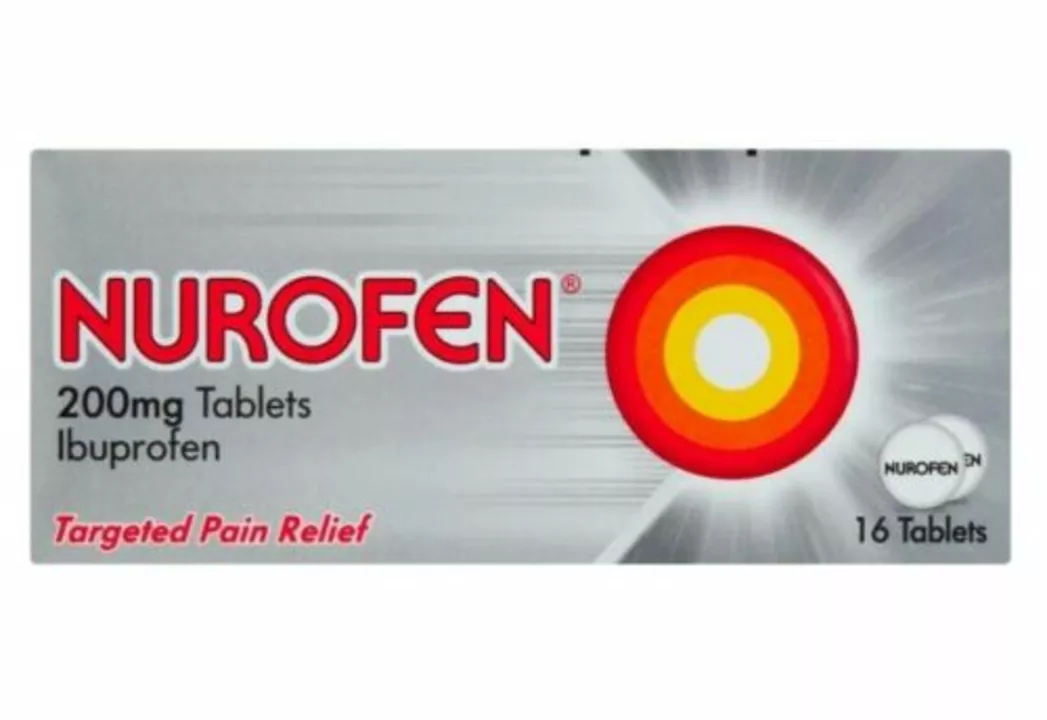Anti-Inflammatory: Simple, Safe Ways to Reduce Pain and Swelling
Inflammation helps the body heal, but when it sticks around it makes you feel stiff, sore, and tired. You don’t need complex plans to get relief—smart moves and the right products often do the trick. Below you’ll find clear, practical steps to choose an anti-inflammatory, use it safely, and know when to step up care.
Quick tips for choosing anti-inflammatory meds
If you want fast relief, over-the-counter NSAIDs are the usual first stop. Ibuprofen and naproxen reduce pain and swelling. Use the lowest effective dose and follow label directions. Avoid mixing different NSAIDs unless a clinician tells you to. For people with heart disease, high blood pressure, stomach ulcers, or kidney problems, NSAIDs can be risky—ask a doctor first.
Topical options (gels, creams, patches) are great for joint or muscle pain. They give local relief with fewer systemic side effects. Try a topical NSAID or a menthol/heat rub depending on the problem. For nasal inflammation from allergies, steroid nasal sprays like Nasonex often control symptoms with minimal overall steroid exposure—use them as directed for best results.
Natural options and supplements that can help
Small lifestyle changes lower inflammation over time. Sleep, losing a few pounds if needed, moving daily, and swapping sugary foods for vegetables and omega-3 rich fish all help. Supplements that some people find useful include fish oil (omega-3) and curcumin (from turmeric). Results are modest and take weeks. If you take blood thinners or other meds, check with a clinician before starting supplements.
For short courses of strong control—like a bad asthma flare or severe allergic swelling—doctors may prescribe oral steroids. These work quickly but aren’t meant for long-term use because of side effects. There are safer alternatives for many conditions; our site covers steroid alternatives for skin, asthma, and allergic issues if you want to compare options.
Buying meds online? Stick to reputable pharmacies and confirm whether a prescription is required. Some drugs sold online are safe and legitimate; others are not. Look for clear contact info, pharmacy accreditation, and secure checkout. If something looks too cheap or the site avoids real contact details, don’t risk it.
When over-the-counter choices and home measures aren’t enough, it’s time to see a clinician. Get help if you have severe pain, persistent fever, spreading redness, sudden swelling, trouble breathing, or if pain limits daily life. Chronic inflammation needs a plan—your doctor can test, treat underlying causes, and suggest safer long-term strategies.
Bottom line: start with targeted, short-term measures, pick options that match your health background, and use lifestyle moves to lower inflammation over time. If you’re unsure, a quick check with a clinician can save trouble later.

How does ibuprofen work? Understanding its mechanism of action
- 18 Comments
- May, 5 2023
As a blogger, I've always been curious about how common medications like ibuprofen work. After doing some research, I discovered that ibuprofen is a nonsteroidal anti-inflammatory drug (NSAID) that helps relieve pain and reduce inflammation. It does this by inhibiting the production of prostaglandins, which are chemicals in the body responsible for pain, fever, and inflammation. Additionally, ibuprofen works by blocking the enzyme cyclooxygenase (COX), which plays a crucial role in the production of prostaglandins. So, whenever I take ibuprofen for a headache or muscle pain, I now understand that it's actually stopping the production of these pain-causing chemicals in my body.




